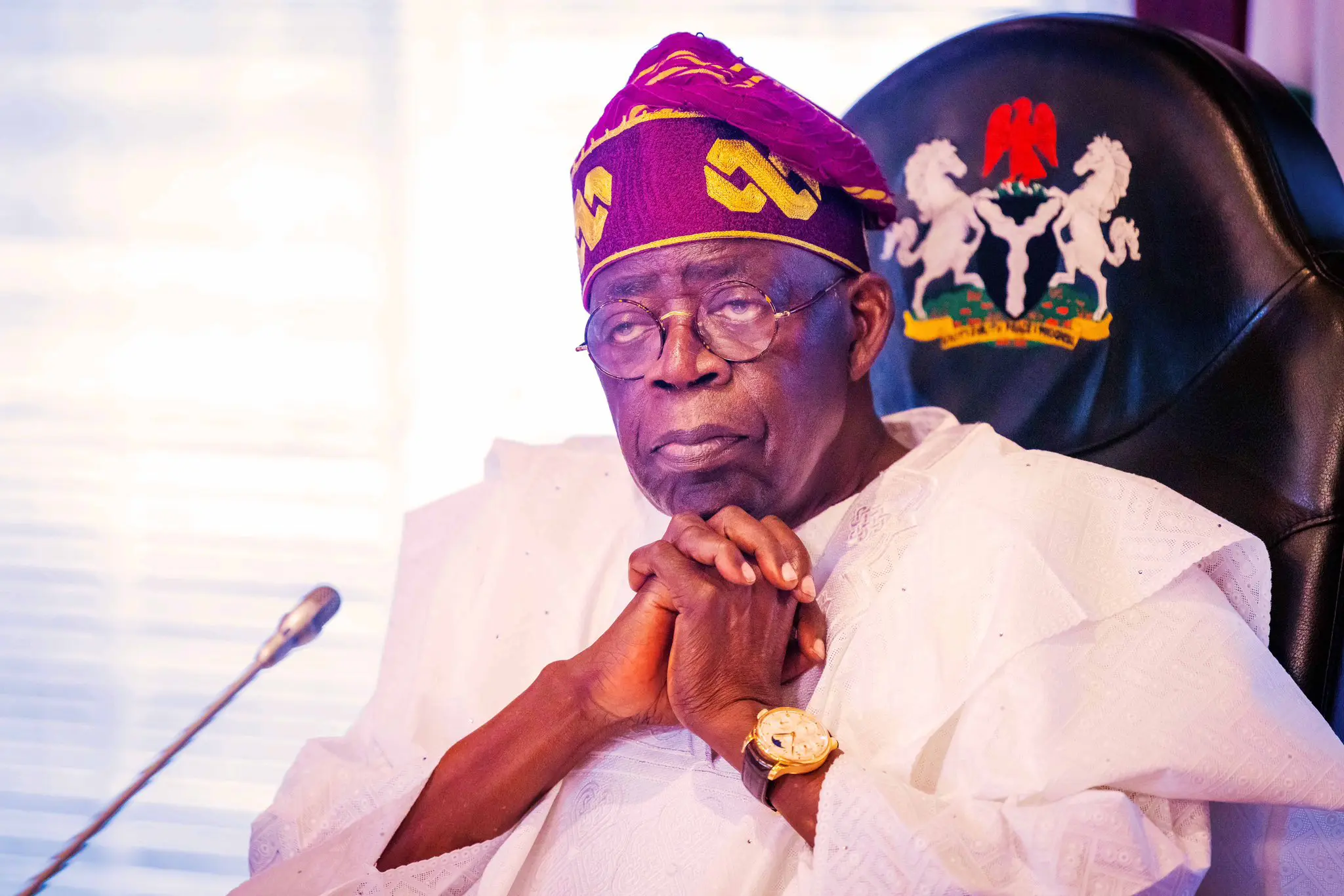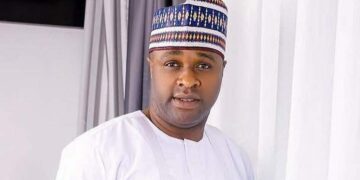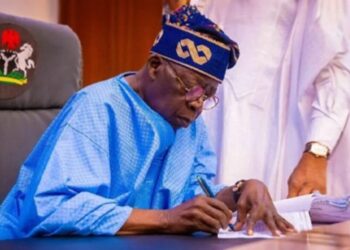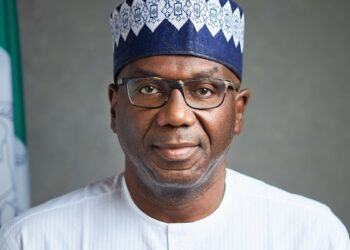
The Federal Government of Nigeria says it will approach the newly announced 14% tariff on Nigerian exports to the United States with pragmatism and purpose, aiming to turn the challenge into an opportunity.
The Minister of Industry, Trade and Investment, Dr. Jumoke Oduwole, made this known in a statement released on Friday, April 4, 2025.
Background: U.S. Imposes New Tariff on Nigerian Goods
On April 3, 2025, U.S. President Donald Trump introduced a 14% tariff on Nigerian exports, citing a trade imbalance between the two countries. According to U.S. officials, Nigeria currently applies a 27% tariff on American goods, a policy they say has disadvantaged U.S. businesses and consumers for years.
This new tariff represents a significant shift in U.S.-Nigeria trade relations, particularly affecting non-oil products that were previously exempt under the African Growth and Opportunity Act (AGOA).
Nigeria’s Export Profile to the U.S.
Dr. Oduwole revealed that Nigeria’s exports to the U.S. over the past two years have ranged between $5–$6 billion annually. Over 90% of these exports consist of:
-
Crude petroleum
-
Mineral fuels
-
Oil and gas products
The second-largest export category includes fertilizers and urea, contributing 2–3%, while lead exports account for around 1%, valued at approximately $82 million.
Nigeria also exports small amounts of agricultural products, such as flour, live plants, and nuts, representing less than 2% of total exports.
Tariff Threatens Non-Oil Sector Growth
The minister warned that the new U.S. tariff could hurt the competitiveness of Nigerian products, especially in the non-oil sector.
“SMEs that built their models around AGOA exemptions will face rising costs and shrinking buyer confidence,” she said.
However, she emphasized that Nigeria views this development as a catalyst to ramp up non-oil exports, improve quality control, and align with global standards.
Looking Inward: AfCFTA as a Strategic Response
Dr. Oduwole stressed the importance of intra-African trade under the African Continental Free Trade Area (AfCFTA). She called for Nigeria to:
-
Accelerate AfCFTA implementation
-
Deepen regional integration
-
Utilize the Pan-African Payment and Settlement System (PAPSS) to reduce trade costs
“These frameworks are critical for building a resilient and diversified economy that isn’t overly dependent on a single trade partner,” she added.
Nigeria Still Values U.S. as Key Trade Partner
Despite the tariff move, the minister reaffirmed Nigeria’s commitment to strong U.S.-Nigeria relations. She referenced the recent visit of the U.S. Ambassador to her office on March 26, 2025, as proof of ongoing cooperation.
“We remain actively engaged in consultations with U.S. counterparts and the World Trade Organization (WTO),” Oduwole said. “We are focused on solutions that are mutually beneficial.”



![Viral House Party Video Sparks Conversation on Changing Social Norms Among Nigerian Mothers [Watch Video]](https://kumornews.com/wp-content/uploads/2026/02/Viral-House-Party-Video-Sparks-Conversation-on-Changing-Social-Norms-Among-Nigerian-Mothers-Watch-Video-1-360x180.jpg)














